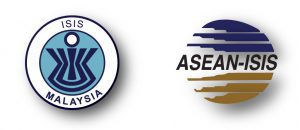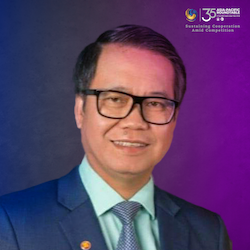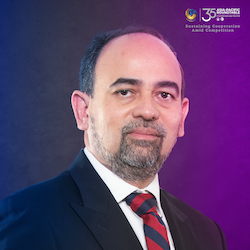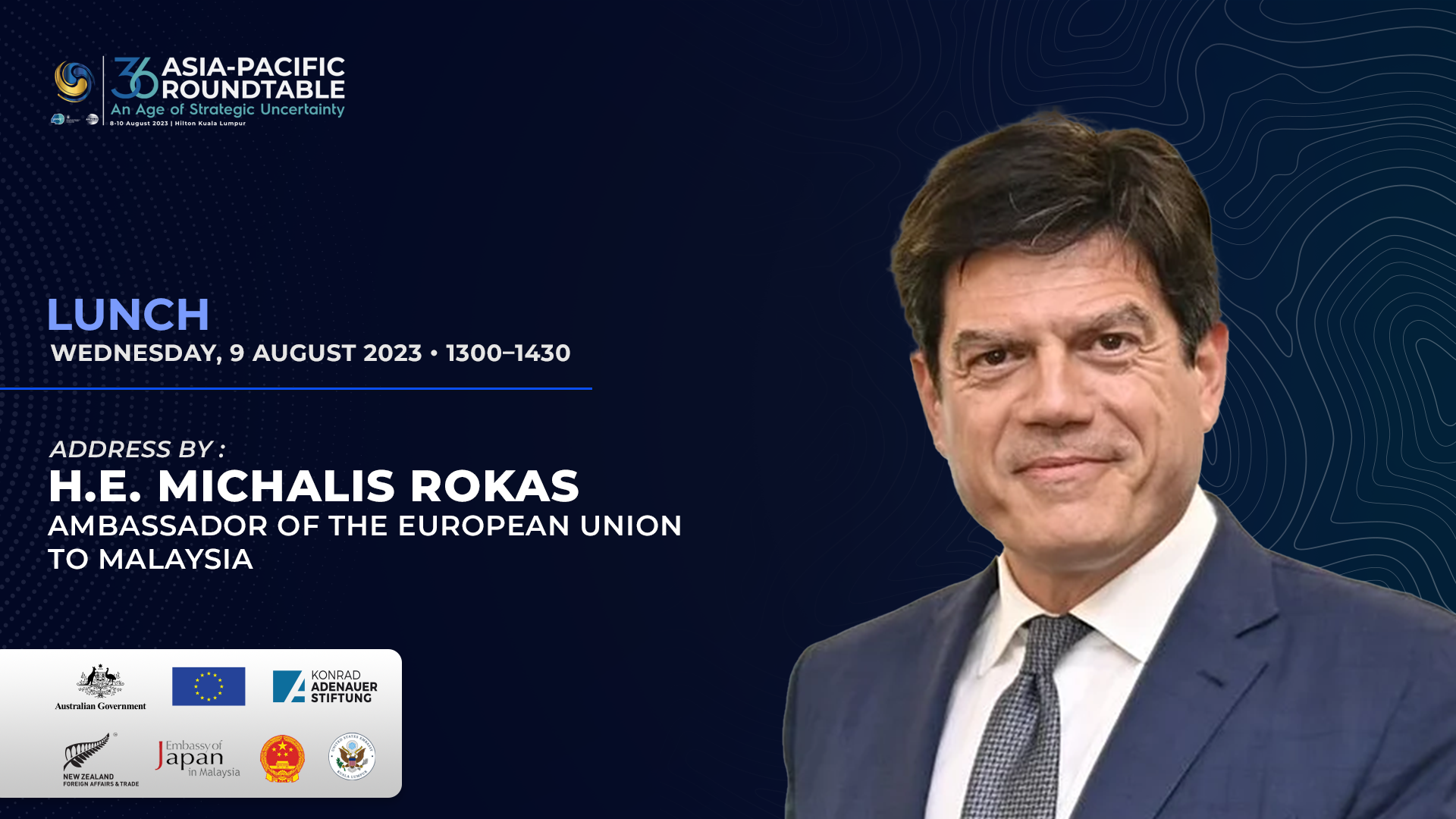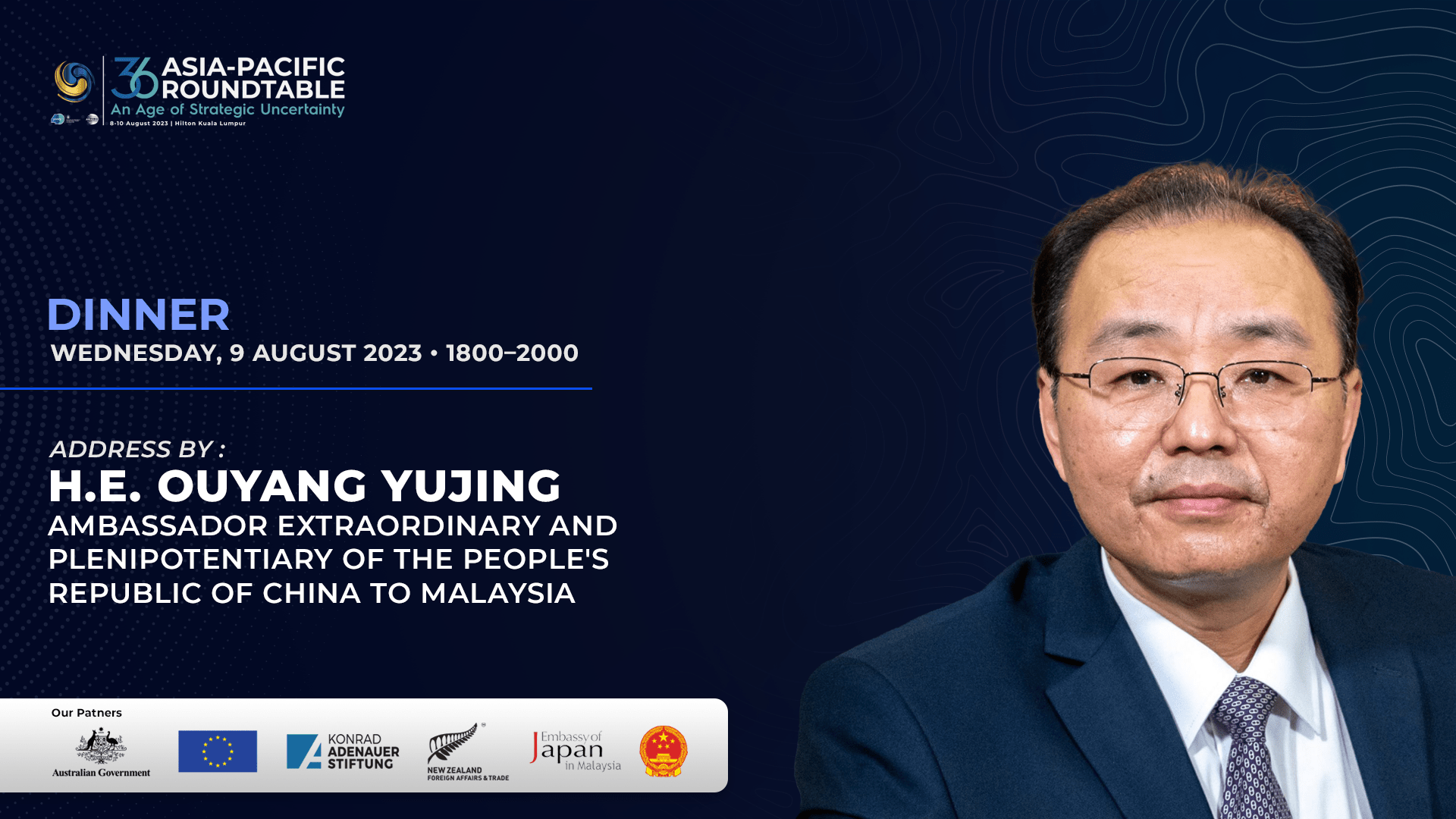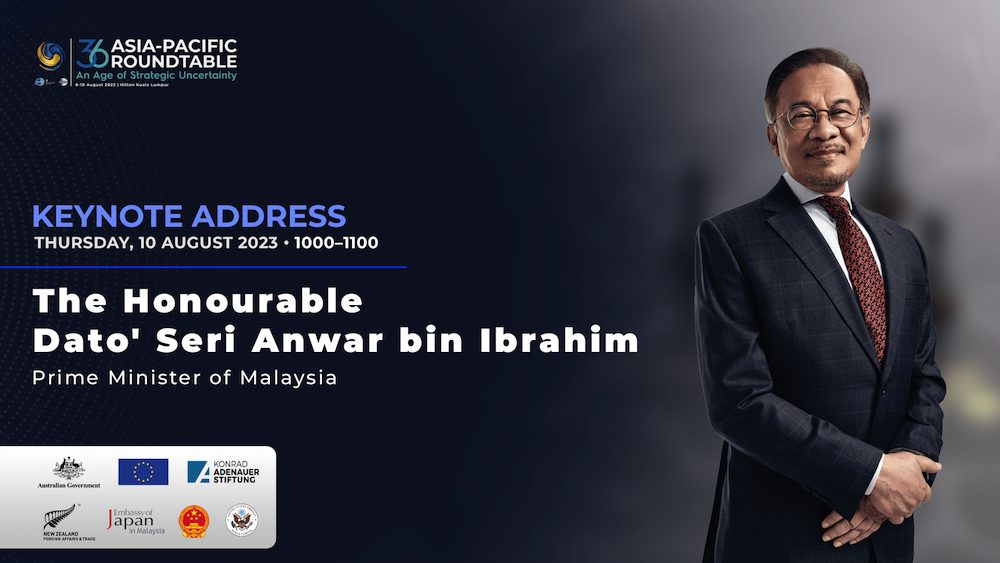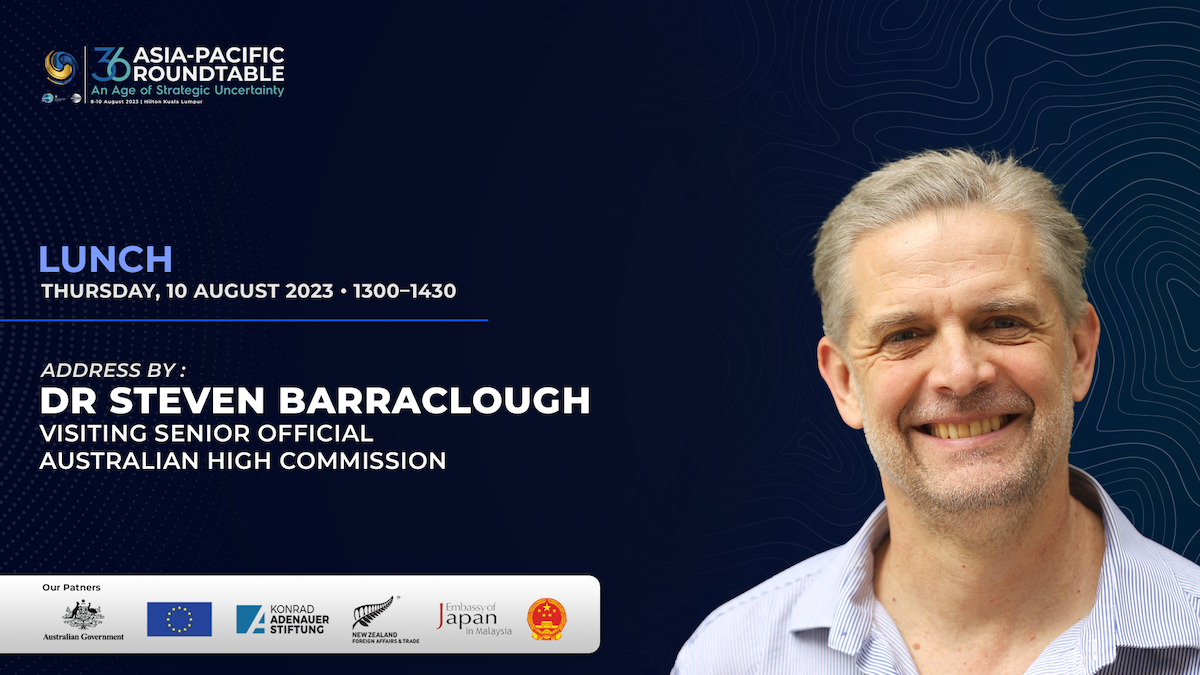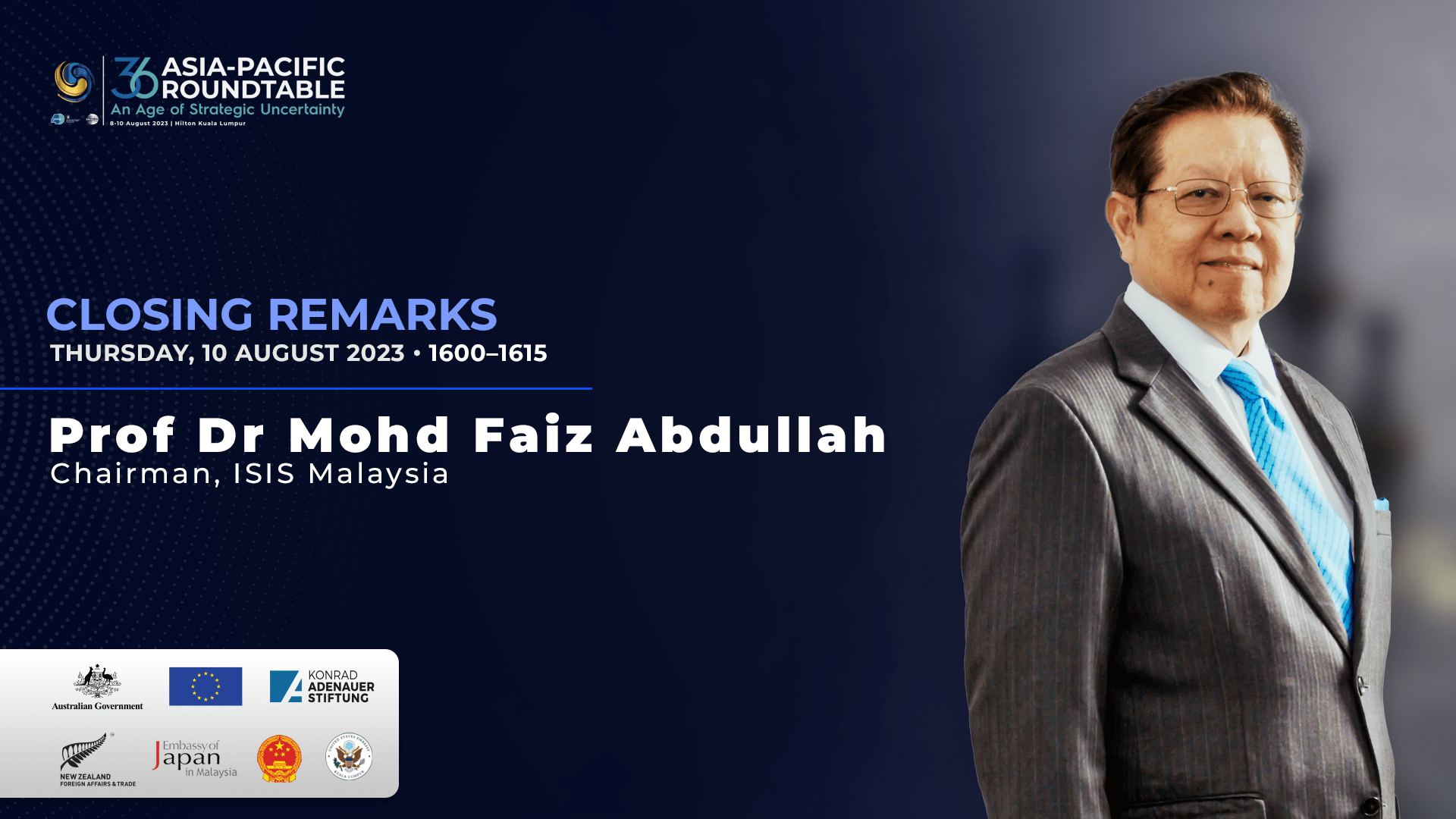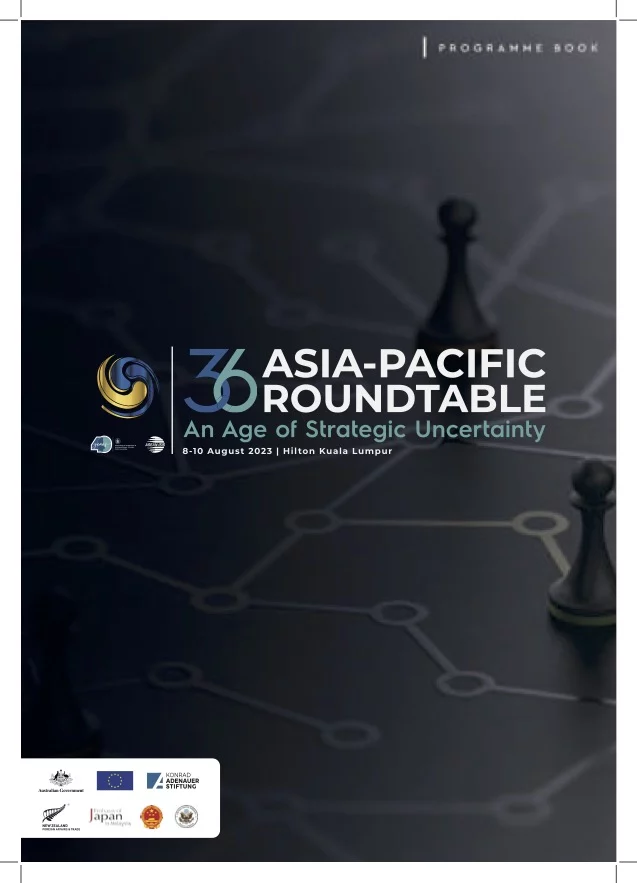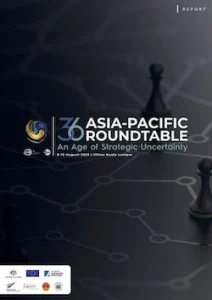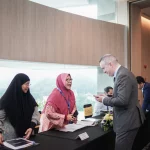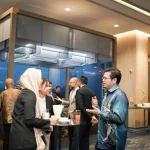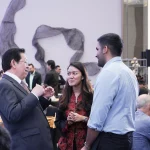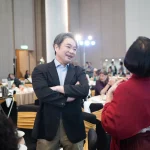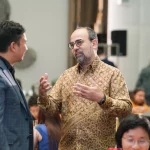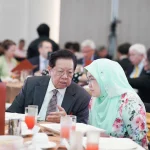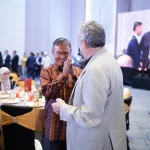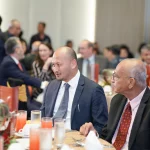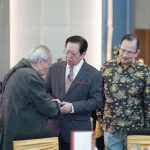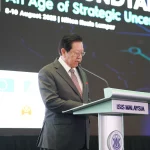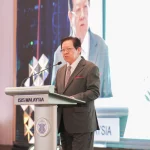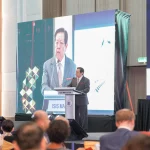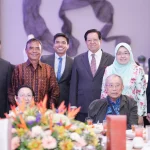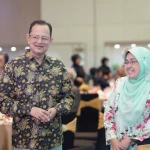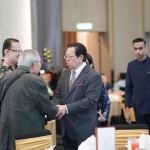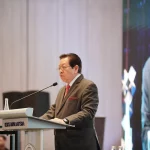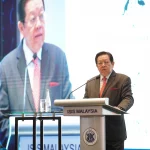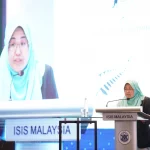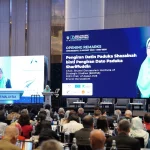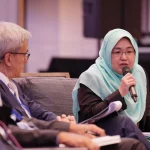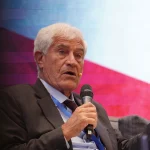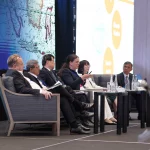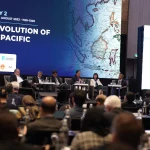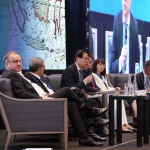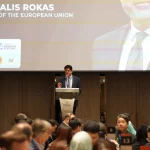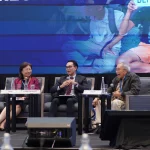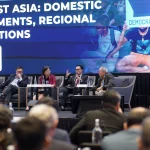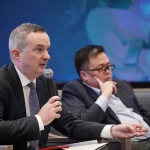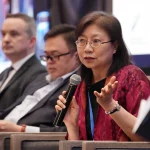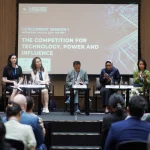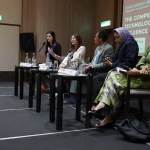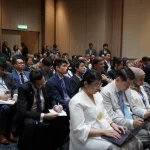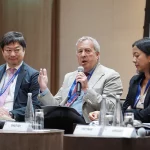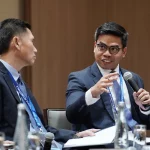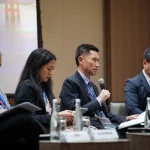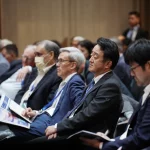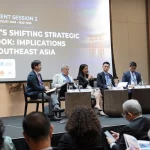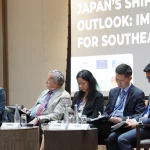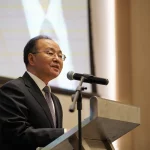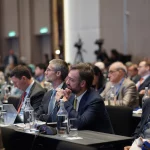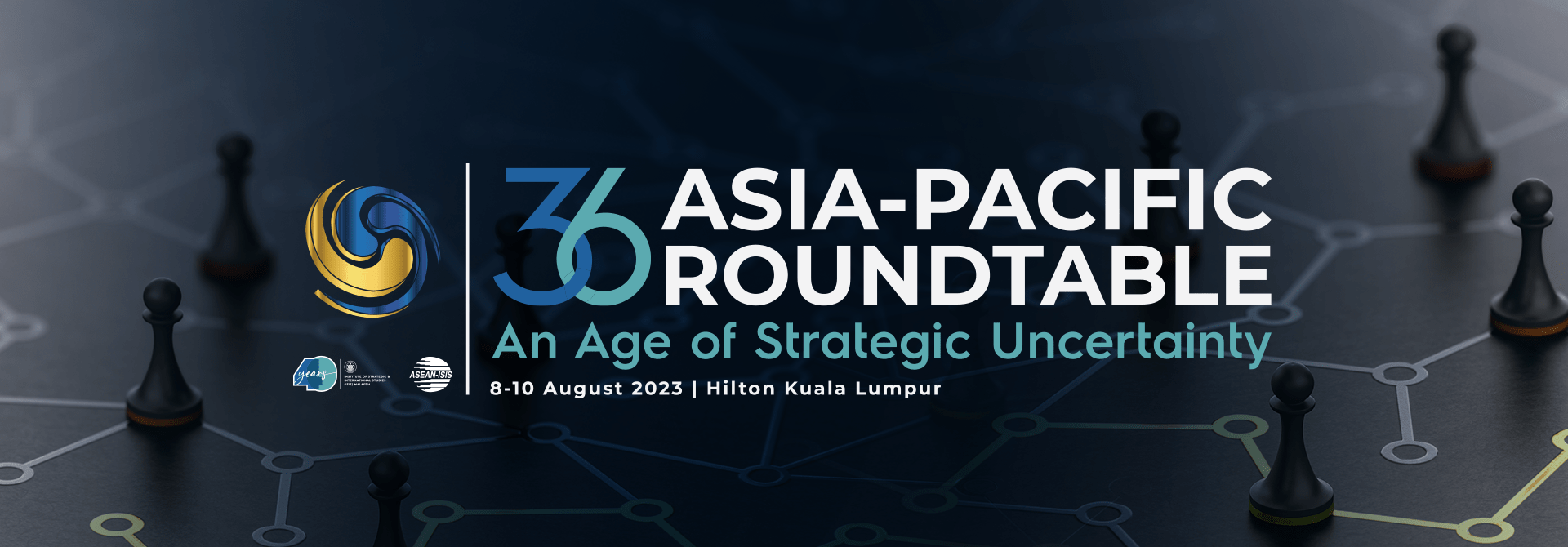

36th Asia-Pacific Roundtable
An Age of Strategic Uncertainty
8-10 August 2023, Hilton Kuala Lumpur
The Asia-Pacific Roundtable (APR) is the signature international conference of the Institute of Strategic & International Studies (ISIS) Malaysia. At its core, the APR is a Southeast Asian conference discussing key issues impacting on the Asia-Pacific. It is one of the region’s premier Track-Two gatherings and is ranked among the world’s top 20 think-tank strategic-security focused conferences.
Convened by ISIS Malaysia, on behalf of the Asean Institutes of Strategic and International Studies (Asean-ISIS) network, a network of leading Southeast Asian policy institutes and think-tanks, it regularly attracts more than 300 thinkers of various backgrounds who engage in lively, frank and constructive conversations on issues shaping the security, stability, sustainability and prosperity of the Asia-Pacific region.
After being held virtually for the past two years, the APR marks a return to an in-person conference, bringing together experts from across the region to explore the latest trends and developments in the region. It aims to provide insights into how businesses and governments can navigate an increasingly complex strategic landscape.
As this is the first roundtable to be convened physically since 2019, the traditional conference fee will be waived. However, delegates are expected to cover their own transport and accommodation costs. ISIS Malaysia is working with Hilton Kuala Lumpur to arrange for the best possible room rates for those who wish to stay at the conference venue.
MEDIA
Day 1 – Tuesday, 8 August 2023
(All times in UTC+8)
Day 2 – Wednesday, 9 August 2023
(All times in UTC+8)
Opening remarks
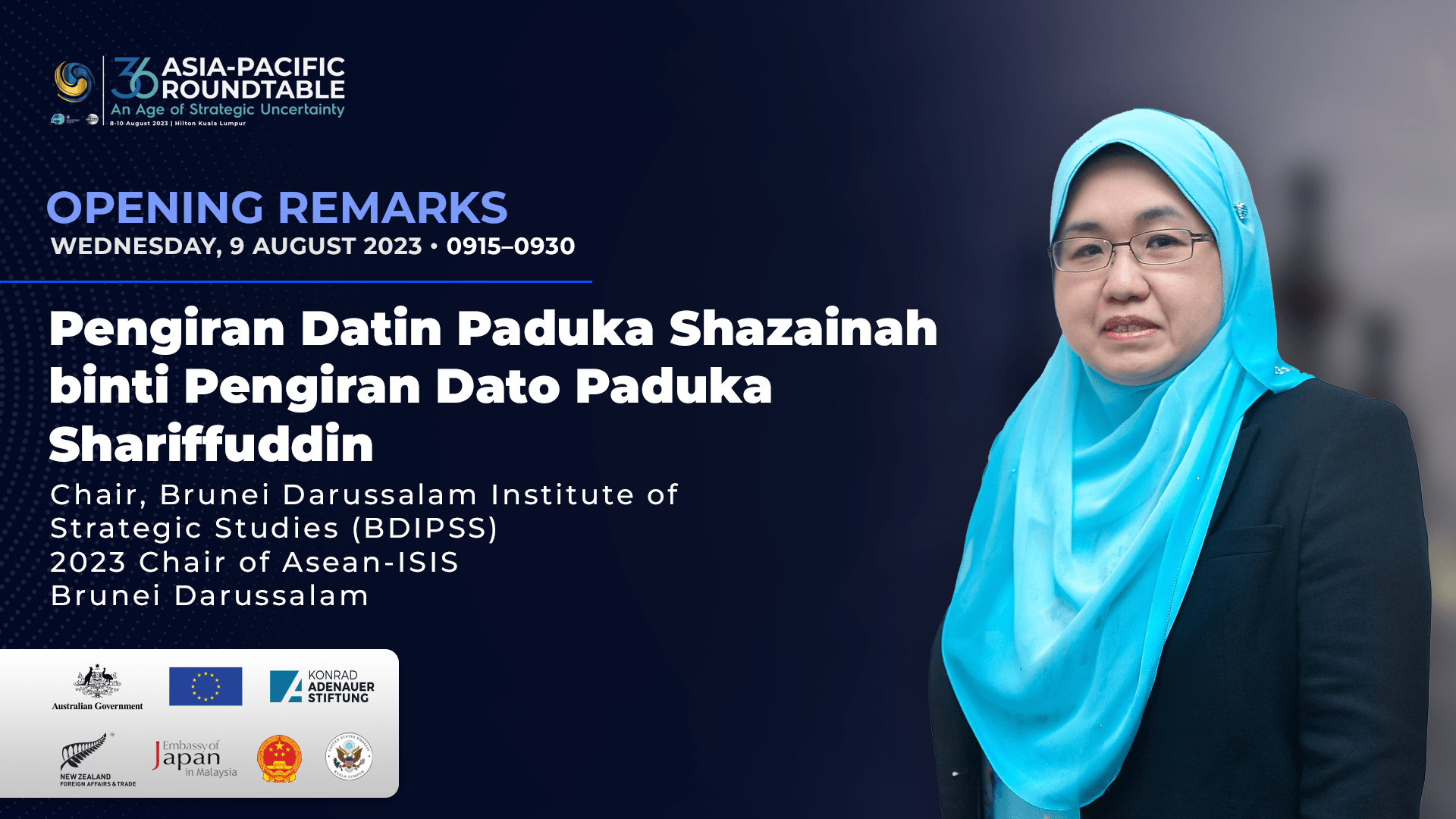
Welcoming remarks

- Is war an inevitable outcome of the unbridled competition between China and the United States?
- What are the common interests that bind both major powers and can they remain immune from further bifurcation?
- How can states in the Asia-Pacific navigate this evolving dynamic while benefiting strategically from the competition?
Instigator
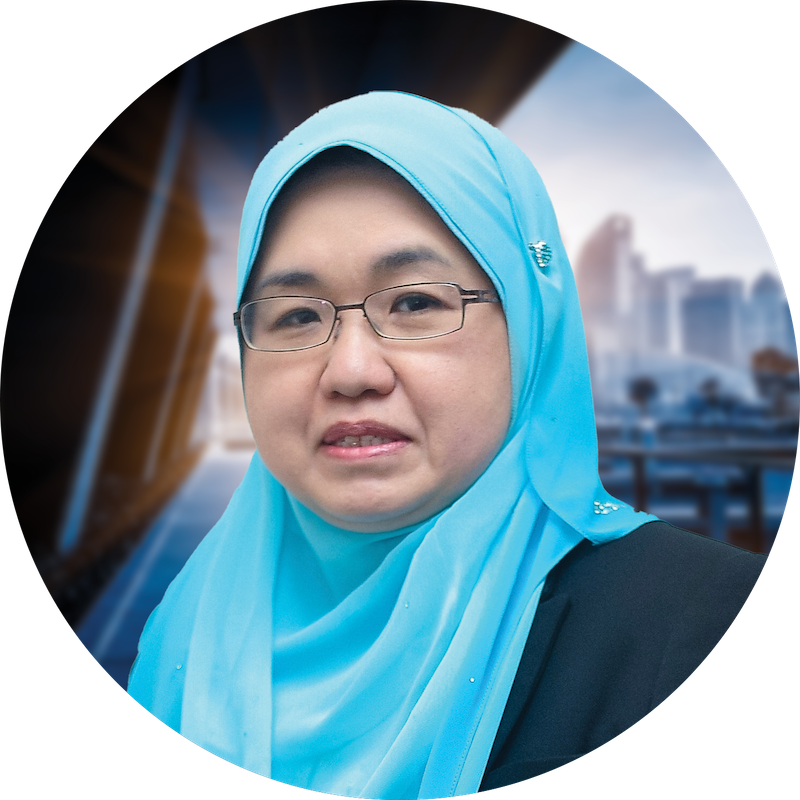
Pengiran Datin Paduka Shazainah
binti Pengiran Dato Paduka Shariffuddin
Speakers
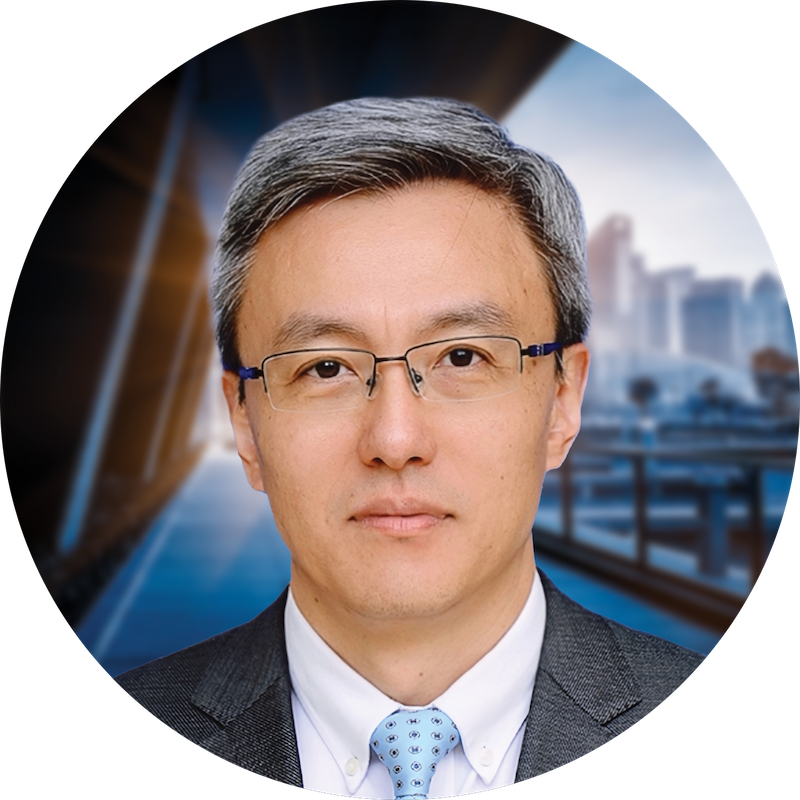
Prof Chen Dongxiao

Dr Ralph A Cossa
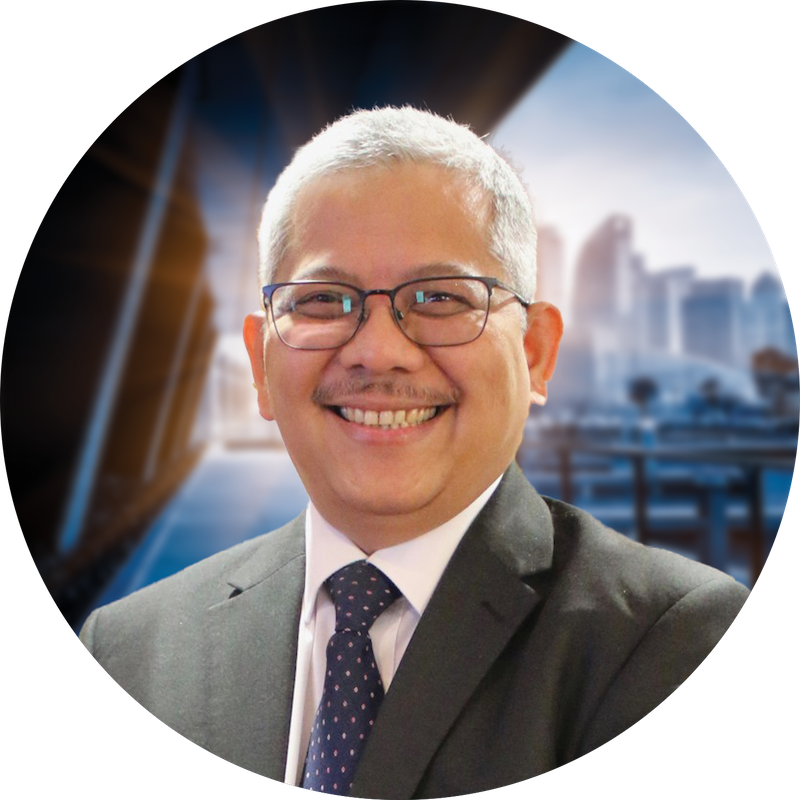
Amb Rizal Sukma

Richard Maude

Dr Christian E Rieck
- What has driven the various Indo-Pacific strategies?
- Does the concept of Indo-Pacific remain contentious to regional stakeholders?
- How far do these strategies mitigate or escalate major power tensions?
Instigator
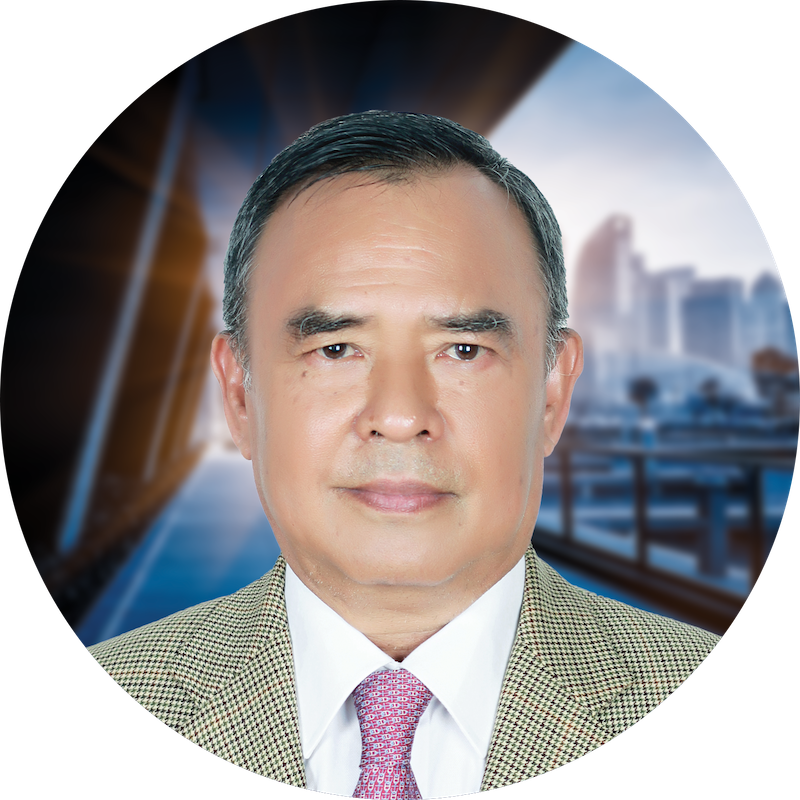
Amb Pou Sothirak
Speakers

Dr Sarah Teo

Dr May-Britt U Stumbaum

Prof Choe Wongi

Capt (Dr) Gurpreet Singh Khurana

Simon Draper
- This session will focus on developments in Thailand, Myanmar and the Philippines, and how they impact on the broader region.
- How has the recent electoral process & subsequent developments shaped internal debates in Thailand on major power influence in the region? What would be some of its immediate foreign policy priorities?
- What are the prospects of an inclusive political dialogue in Myanmar? How can internal and external stakeholders bridge the gap between political and humanitarian efforts?
- How has the Marcos Jr administration positioned the Philippines’ foreign policy, particularly its approaches to China and the United States?
Instigator
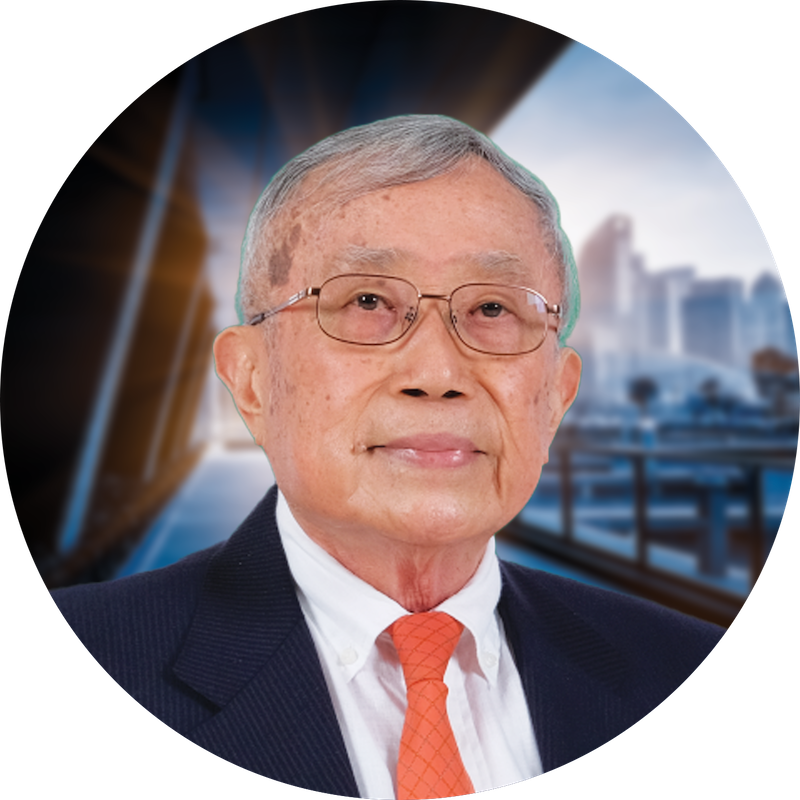
Jusuf Wanandi
Speakers

Dr Pongphisoot Busbarat

Moe Thuzar

Julio S. Amador III

Prof Nicholas Farrelly
- How are key players shaping the norms and rules of cyberspace, and its industries?
- What are the options for Southeast Asian countries amid an intensification of competition in the semiconductor and other critical tech industries?
- How can small and medium states maintain both autonomy and security amid an increasingly divided segment? How can they work with industry players in this regard?
Instigator

Elina Noor
Speakers
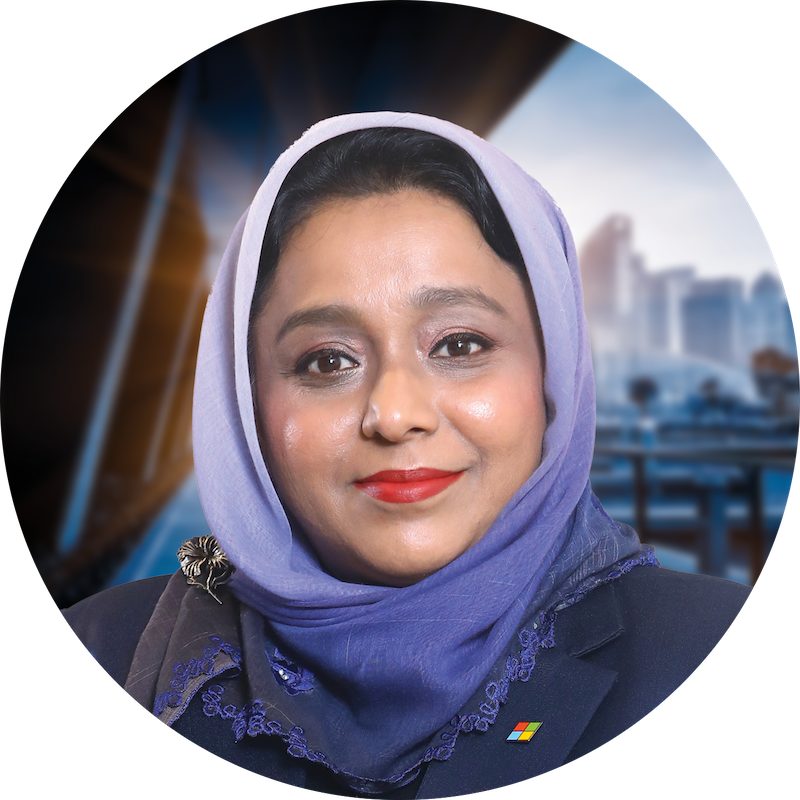
Dr Jasmine Begum

Mark Bryan Manantan

Prof Sun Jisheng

Caitríona Heinl
- What are the key issues shaping Japan’s strategic security environment? What are the key policy changes to keep an eye on?
- What are the opportunities and challenges for Japan’s relationship with Asean and its member states in an increasingly contested future?
- As we mark 50 years of Asean-Japan relations, what are Southeast Asia’s priorities and expectations of its engagements with Japan?
Instigator

Prof Aries A Arugay
Speakers
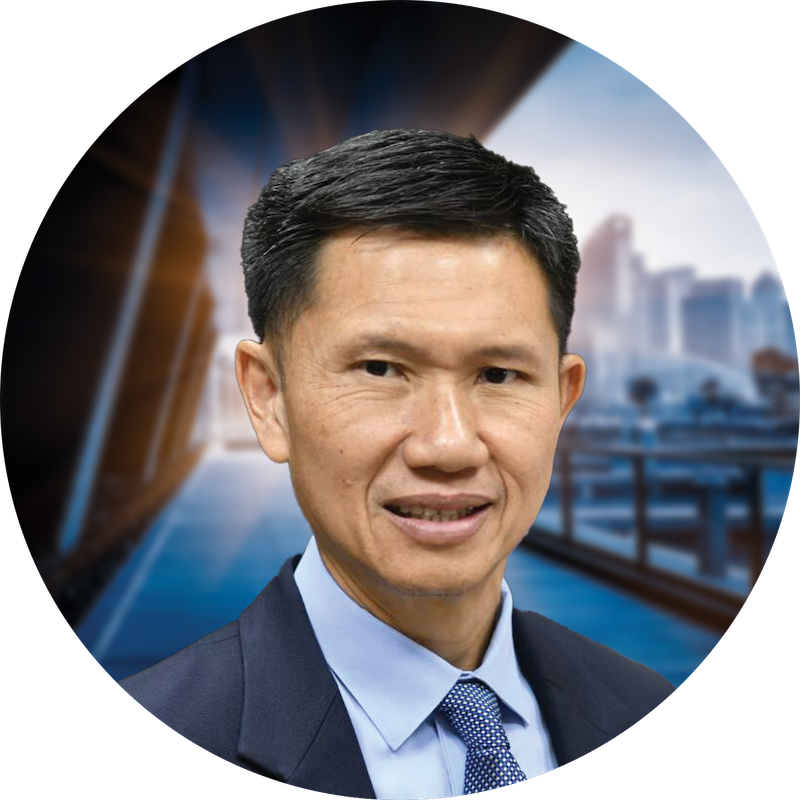
Prof Thitinan Pongsudhirak

Dr Shafiah F Muhibat

Brad Glosserman

Prof Ken Jimbo
Day 3 – Thursday, 10 August 2023
(All times in UTC+8)
- Should countries seek to limit exposure to certain markets for geopolitical reasons?
- How can regional free-trade agreements like RCEP and the CPTPP be protected from the divisions of major power rivalry?
- What could the future of trade and investment in the Asia-Pacific look like?
Instigator

Dr Yose Rizal Damuri
Speakers
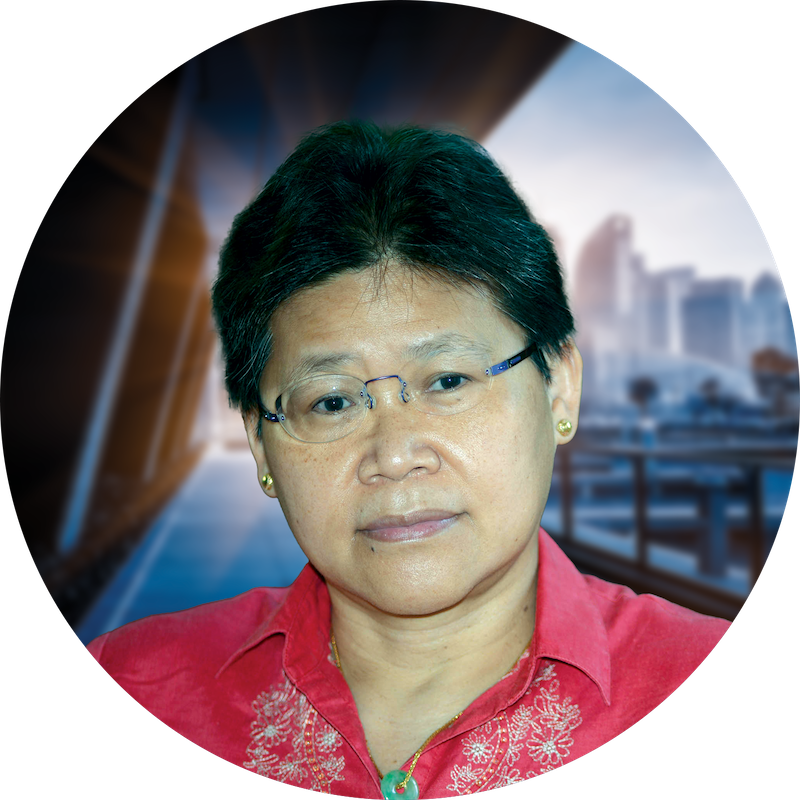
Dr Yeo Lay Hwee
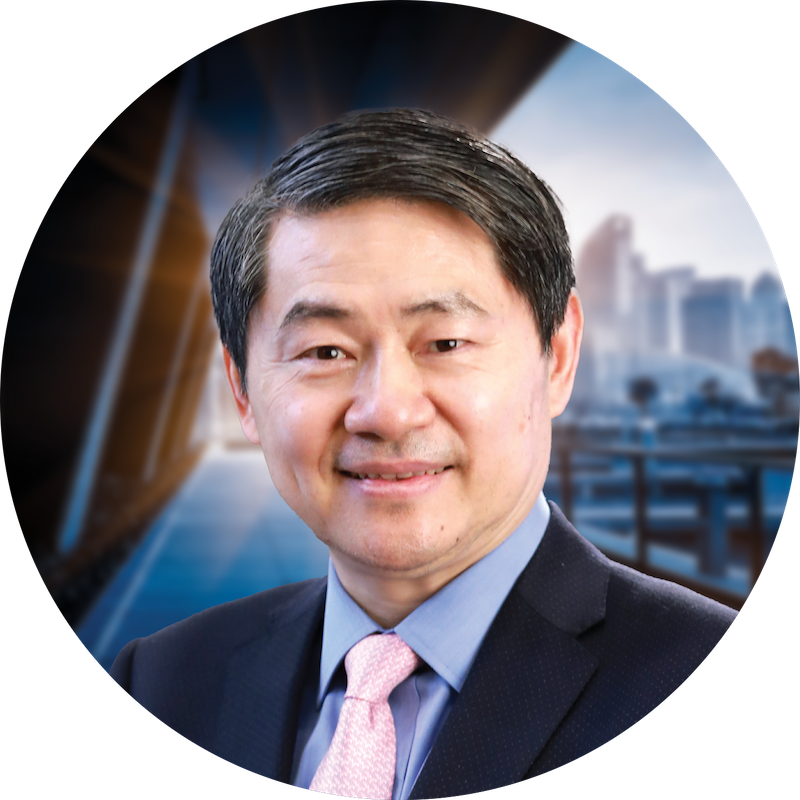
Dr Wang Huiyao
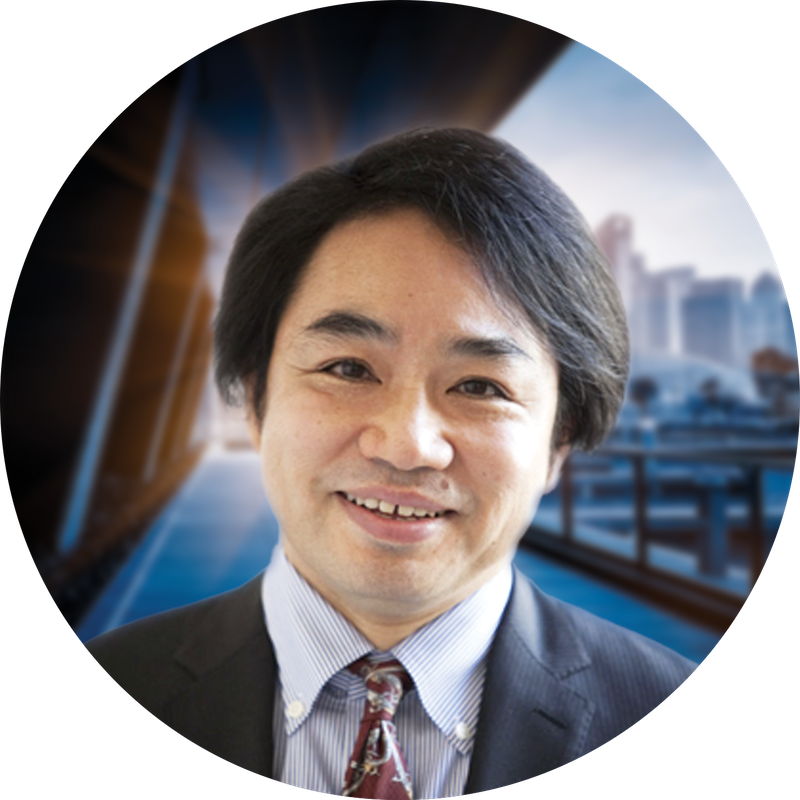
Prof Takashi Terada

Wolfgang Niedermark
- What is the status quo in the South China Sea and should it be preserved?
- How can stakeholders find common ground to ensure that the risk of accidental conflicts is minimised?
- Is the Code of Conduct a viable mechanism? What would it take for China’s longstanding proposal of joint development to find currency with Southeast Asian claimants?
Instigator

Thomas Daniel
Speakers
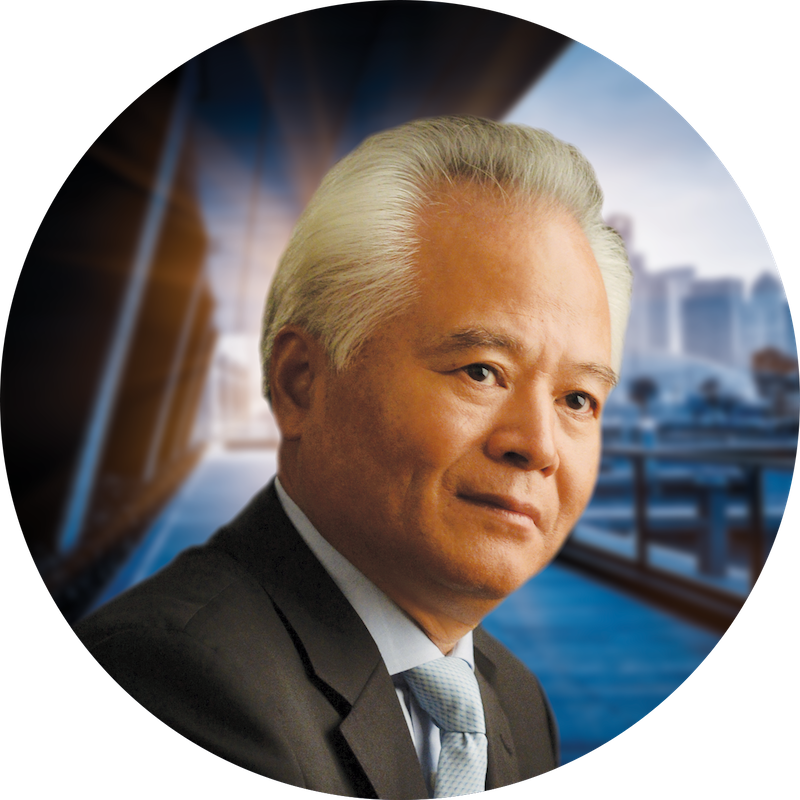
Dr Wu Shicun

Prof Renato Cruz De Castro

Prof Natalie Klein

Dr Vu Hai Dang
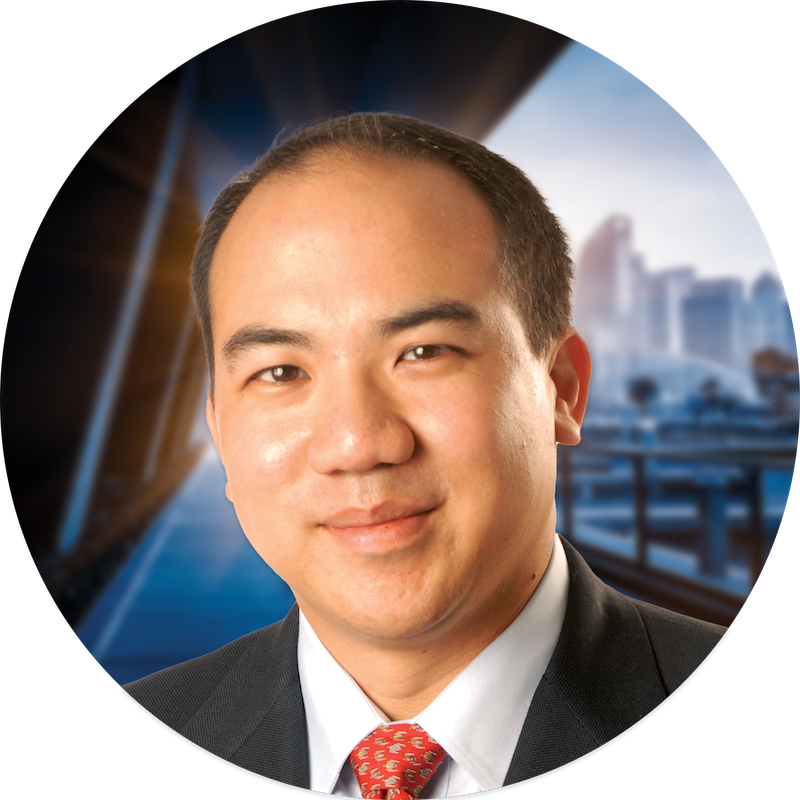
Prof Julian Ku
SUPPORTERS

ORGANISERS
